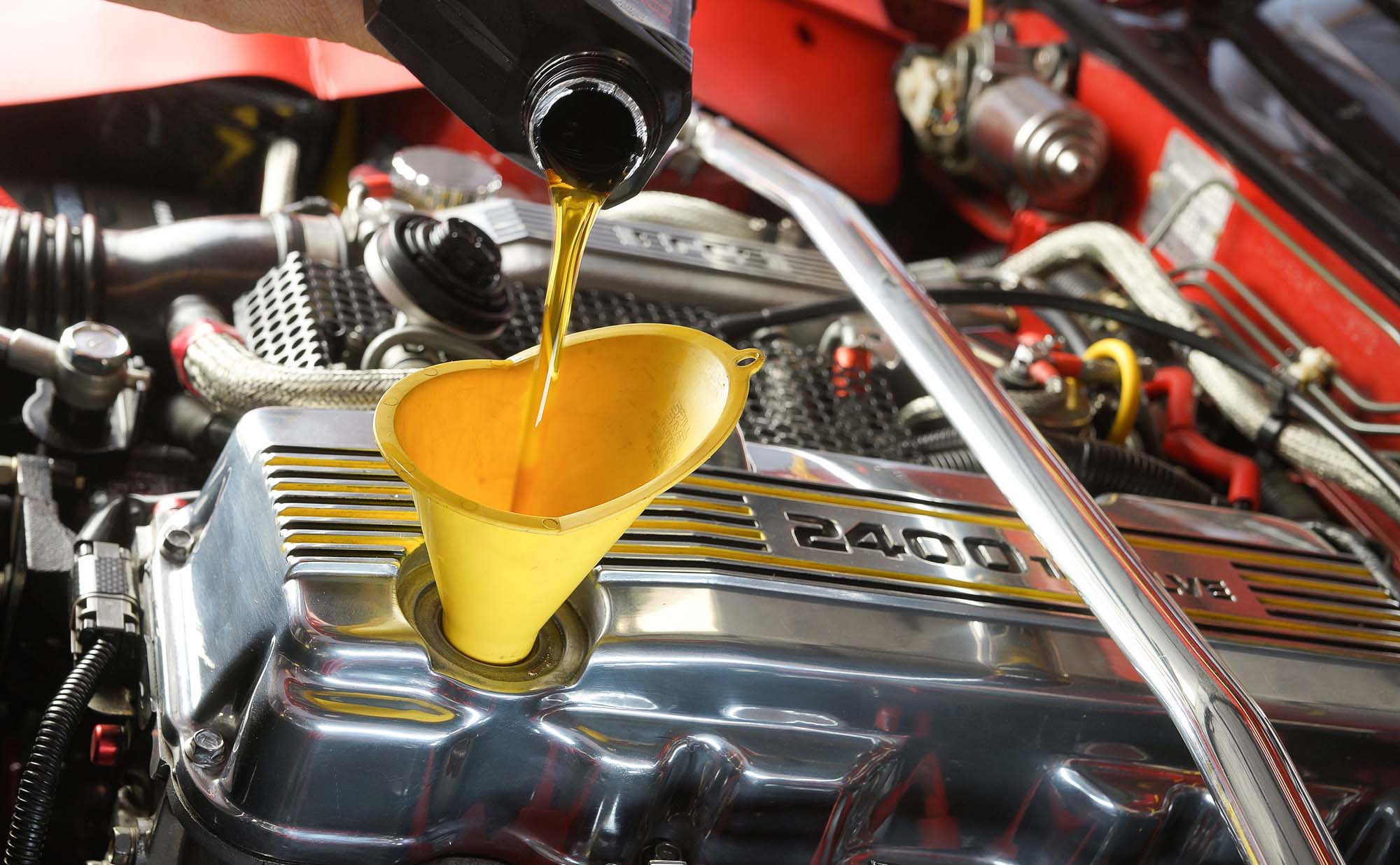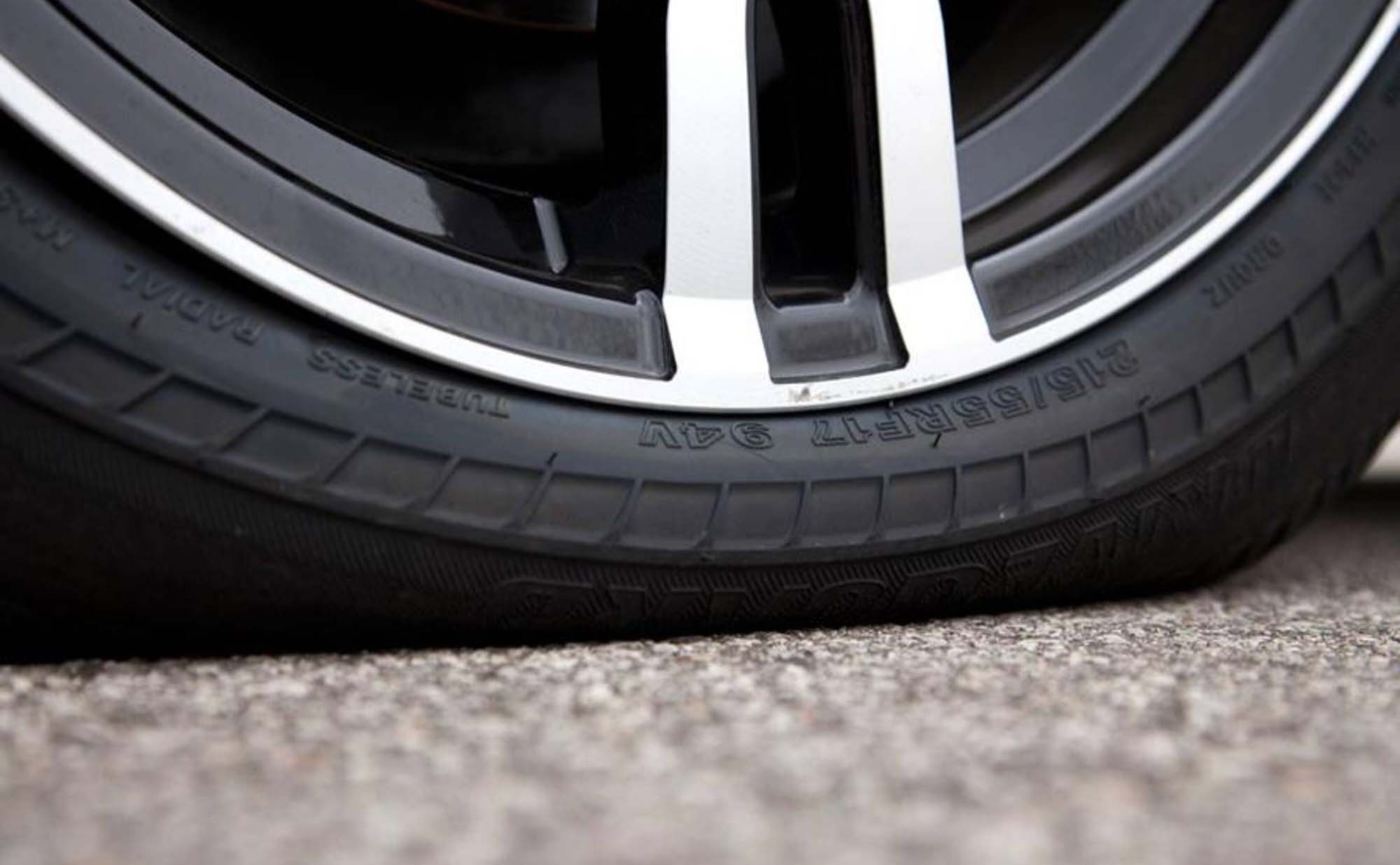In this post, we investigate whether oil additives deliver on their big promises. Here is a summary of what we know and think about oil additives.
In this series of Q&A posts we are using google’s autocomplete function to find the most commonly asked questions about cars and giving them each a definitive answer. This week we answer the question “can I run my car on Bio-Diesel?”
Many of us West-Coasters want to do what we can to make environmentally conscious decisions in our day to day lives. With a resurgence of diesel engine vehicles on the market over the last 5 to 10 years, our options are beginning to grow, and many people who have purchased a diesel vehicle are looking to take the next step to bio-diesel or used vegetable oil to further reduce their carbon footprint. Below we are going to look at what bio diesel is, what vehicles can run on it, and where to get some to try it out. (Running on wasted vegetable oil is a whole other topic, which we cover right here.)
What is bio-diesel?
Bio-diesel can be made from numerous different sources: canola, soy, peanuts, algae, palm, hemp, sunflower, and animal fats. It is typically made by chemically reacting fats (lipids) with an alcohol (usually methanol) in a process called transesterification. You can read more on this process here, it is interesting stuff.
What are the benefits of using Bio Diesel?
Bio-diesel significantly lowers the emissions of your vehicle with little to no noticeable loss in power or fuel economy. The reduction in emissions is staggering, actually, and we will provide a full chart below this article. On top of the cleaner burn, it is also locally sourced, which reduces our dependence on foreign oil. It is less toxic than fossil fuels, so it is safer to handle, and when made from used oils and fats it helps to ensure proper recycling of former waste products.
Can I run bio-diesel in my vehicle?
Bio-diesel is intended to be used in standard diesel engines (cars, boats, trucks, tractors) and is thus different than regular vegetable oil and waste vegetable oil (WVO). It can be used alone or blended with petro-diesel in any proportion. It can also be used as an alternative to home heating oil.
If your car was made after 1993 it will require no modification of any kind to run bio-diesel. If your car was made prior to 1993, the rubber fuel lines will probably have to be replaced. One of the major advantages of using biodiesel is the fact that it can be used in existing diesel engines without negative impacts to operating performance. Bio-diesel is the only alternative fuel for heavyweight vehicles that does not require any special injection or storage modifications.
One thing to note is that bio diesel is a solvent. It will clear out many diesel deposits that have accumulated in your fuel tank. This may cause initial fuel filter clogging but continued use of bio-diesel will not cause an increased frequency of filter changes.
The diesel engine as originally designed by Rudolf Diesel was meant to run on peanut oil. It can be made from virgin vegetable oil or used vegetable oil, called “waste vegetable oil” (WVO).
Where do I find it?
You can source bio-diesel from a variety of organizations in Victoria. You can join the Biodiesel Co-op or you can connect with the BC Biofuel Network. There are a growing number of options available, each with their own merits. Call around and decide who is a good fit for your needs.
Emission Reductions: Comparing Bio Diesel with Petroleum Diesel
Particulate Matter -47%
Carbon Monoxide -48%
Total Unburned Hydrocarbons -67%
Sulfates -100%
Polycyclic Aromatic Hydrocarbons (PAH) -80%
Nitrated Polycyclic Aromatic Hydrocarbons (nPAH) -90%
Speciated Hydrocarbons Ozone Forming Potential -50%




